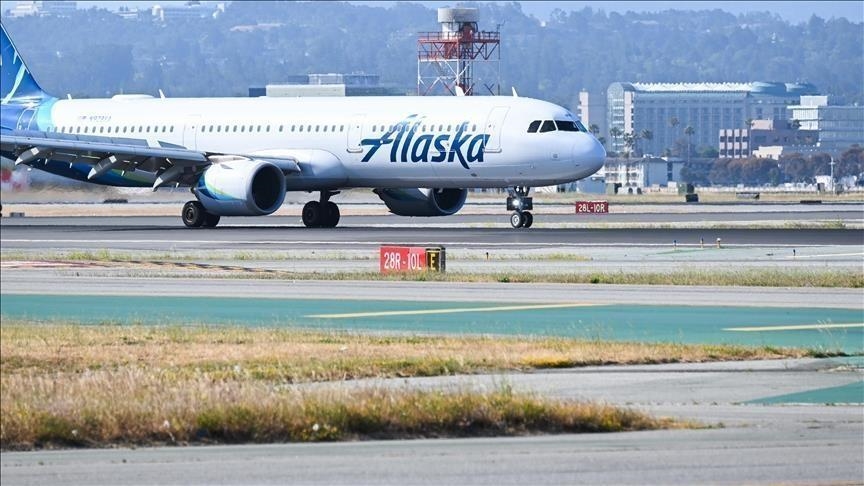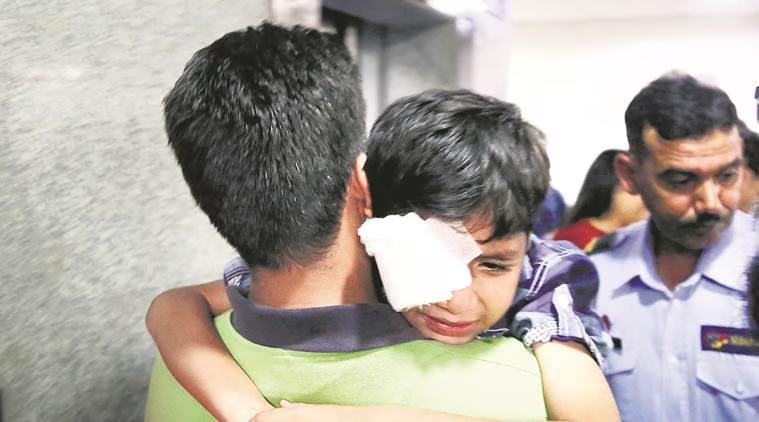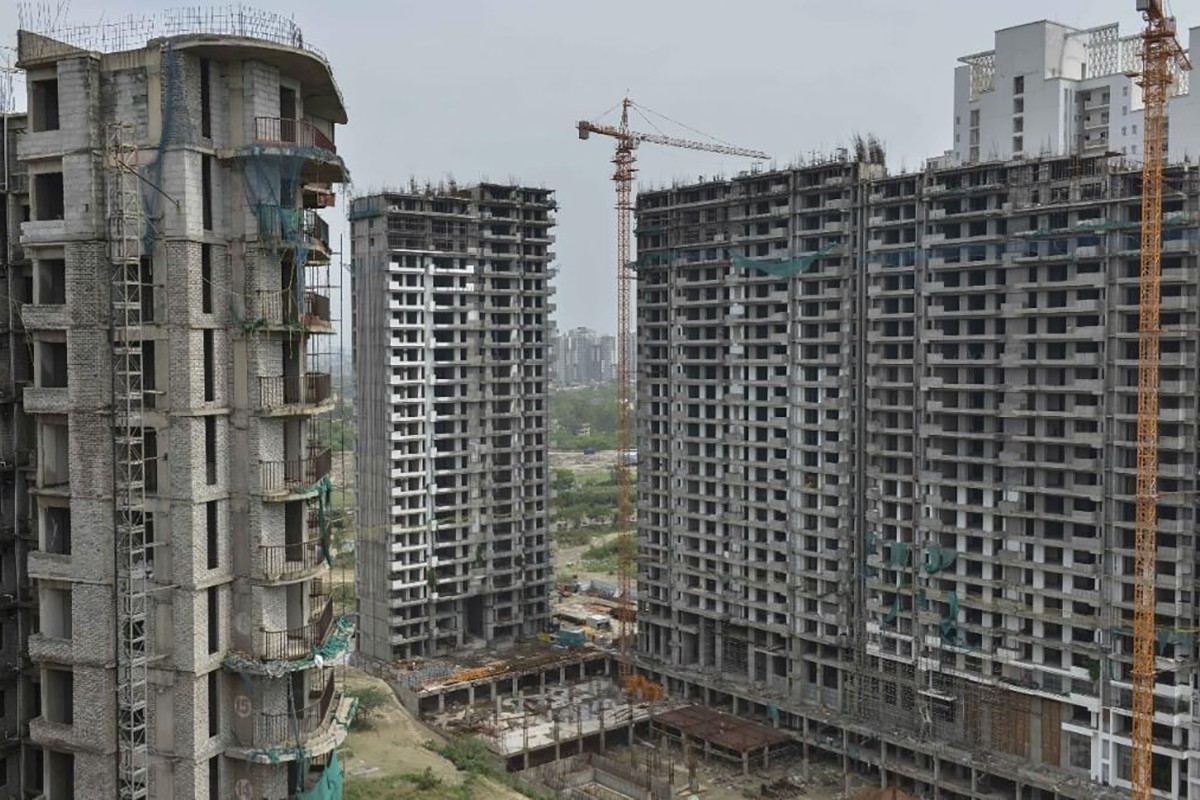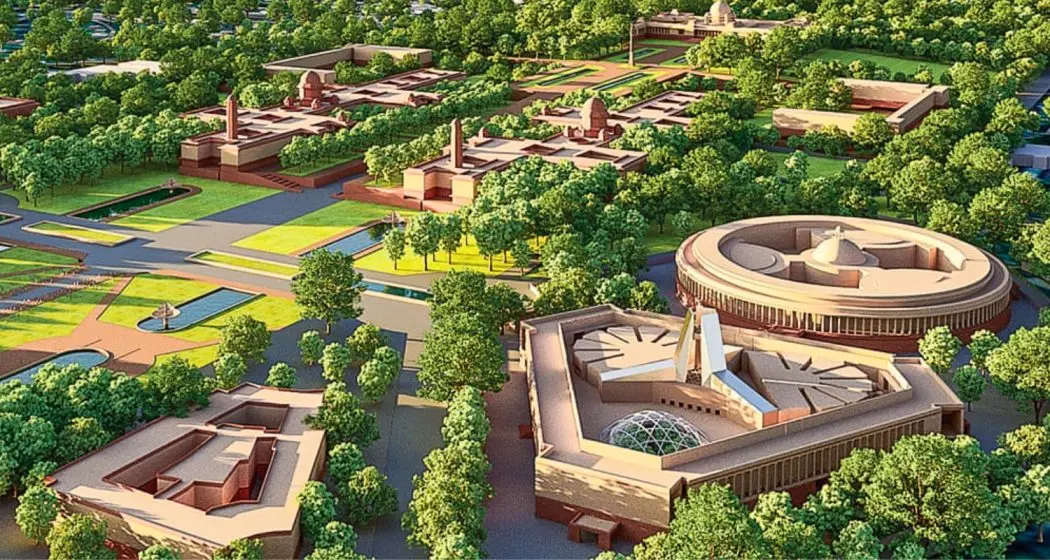Now Reading: Bangladesh’s Opposition Warns of Protests if Interim Government Plan Violates Constitution
-
01
Bangladesh’s Opposition Warns of Protests if Interim Government Plan Violates Constitution
Bangladesh’s Opposition Warns of Protests if Interim Government Plan Violates Constitution

Bangladesh’s political landscape is heating up once again, with the country’s main opposition party warning against any attempt to impose an unconstitutional interim government. BNP General Secretary Mirza Fakhrul Islam Alamgir has made it clear that his party will oppose any such move if it bypasses the country’s constitution. The statement comes as speculation grows around the July proclamation, which some fear could tilt the balance of power in an already tense pre-election atmosphere.
Here’s what’s happening and why it matters—even across the border.
Political Tension on the Rise
As Bangladesh gears up for its upcoming general elections, the ruling party and opposition are once again locked in a battle of ideologies and legal interpretations. At the centre of this latest controversy is the possibility of an interim government, expected to be announced in July, to oversee the elections.
According to BNP, if this setup is formed without proper constitutional backing, it would be considered a direct threat to democracy. They’ve indicated that public protests and political resistance are on the table if their concerns are ignored.
Why It Matters for India and South Asia
Bangladesh’s internal politics often ripple across South Asia. With strong cross-border trade and migration links, political instability in Dhaka can directly affect Indian states like West Bengal, Assam, and Tripura. Many Tier 2 cities in eastern India have business and familial ties with Bangladesh, making this a matter of regional interest.
Additionally, political unrest could disrupt key infrastructure projects and border coordination efforts already in progress between the two countries.
The Constitutional Debate
The core issue here is constitutional interpretation. BNP claims that any interim government formed outside the legal framework of the Bangladesh Constitution would lack legitimacy. On the other hand, ruling party officials argue that some flexibility may be necessary to ensure free and fair elections under neutral oversight.
This tug-of-war has created confusion not just among politicians, but also among citizens who are uncertain about what to expect in the coming months.
Public Sentiment and What Comes Next
The political standoff has once again put Bangladesh’s voters in a tough spot. Many citizens are wary of past election violence and want stability, but also demand transparency and fairness. Opposition leaders are banking on this public frustration to fuel their movement, while the ruling party is trying to present itself as the steady hand during uncertain times.
If the July proclamation results in an interim government without broad political consensus, mass protests could follow—pushing Bangladesh into yet another period of unrest.
Conclusion
Bangladesh’s looming political conflict over a potential interim government highlights deeper issues of constitutional integrity, electoral trust, and democratic maturity. With regional stability at stake, the world—especially India—will be watching closely. For now, both sides are gearing up for a constitutional showdown that could shape the country’s future.

























